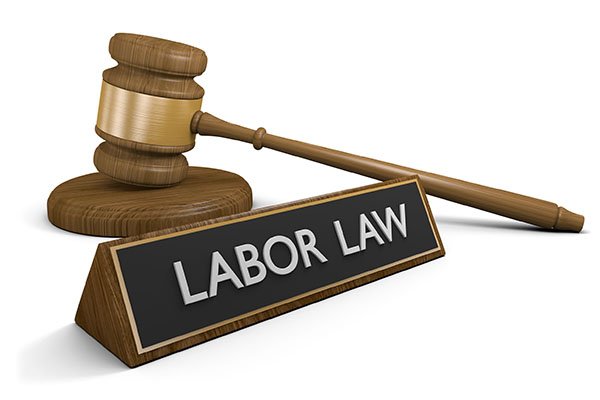Find a Lawyer
Let’s be clear. We are not attorneys nor do we purport to be giving legal advice. Only licensed legal professionals — paralegals and attorneys — may do this.

Before selecting a lawyer, know the following:
Interviewing Lawyers
A good way to find names of potential attorneys is to search public court records to find one who have fought your employer in court before. Nothing helps win more than experience tackling, and perhaps beating, your employer in previous cases.
Most attorneys specializing in Employment Law represent employers being sued by people like you, the Plaintiff. There is an organization of attorneys whose practices are primarily for plaintiffs — NELA (National Employment Lawyers Association). onsult the NELA website for members in your area.
Be sure to ask if there is a conflict of interest in the office. Does an attorney in the same practice defend your employer? If the firm is large, they will say it is not problematic. You want your attorney to return your calls and be familiar with details of your case. You decide.
The majority of employment law cases involve alleged violations of state or federal civil rights provisions. In 1/5 of bullying incidents, discrimination or harassment plays a role. Employment attorneys listen carefully to prospective clients for evidence of illegal discrimination. They want to hear that discrimination is present. In same-gender or same-race harassment cases, though the discrimination is technically illegal, it is very difficult to get an attorney to take the case.
If you claim discrimination in some states, you have to get permission from the federal EEOC in order to hire an attorney. The EEOC does this by issuing a “right to sue” letter.
If the EEOC does show interest in your case, you can expect to be told to participate in mediation to resolve your claim. It rarely goes well for plaintiffs (at the EEOC you are a complainant).
Hiring Attorneys
The most cost efficient thing for you to do is rent an attorney’s time. By paying an hourly rate, for you they can: write a demand letter to your employer to cease mistreatment; threaten legal action (only an attorney can threaten legal action, never you); or negotiate favorable terms for a separation/severance agreement.
For more in-depth assistance, you will probably have to contract their services.
Here are three payment alternatives:
Shortcomings of U.S. Employment Law
Though civil rights (Title VII) cases are the strongest employment law cases tried in court, the plaintiff win rate is a mere 15%. Those victories are mostly based on retaliation of plaintiffs for having dared to complain about discrimination in the first place. Proving the original cause was gender, ethnicity, age, disability or religion is difficult.
Intentional Infliction of Emotional Distress (IIED) law closely describes workplace bullying. The misconduct must be outrageous with severe impact on you. In most bullying cases, these two of four conditions seem to be met. However, U.S. courts have a nearly unattainable standard for “outrageousness.” Furthermore, if you file an IIED complaint, the defense has unlimited access to your lifetime health records. The plaintiff win rate for IIED cases is a scant 5%.
A plaintiff may claim defamation of reputation, but one has to have a very public reputation worth calculable dollars.
Clearly termination of bullied targets based on false performance appraisals or errors fabricated by employers is wrongful termination. Yet in many states, wrongful termination is not available as a legal standard.
U.S. employment law is weak because of the “employment at-will” doctrine. Employers can fire at will. If you are a member of a union, you have more rights and may slow down the employer (if the union is supportive). Matters are worst in so-called “Right to Work” anti-union states.
Finally, as hard as it is to believe, America remains the lone industrialized western nation to not have any legal prohibitions of an abusive work environment (a.k.a., workplace bullying). There is NO LEGAL basis for filing a lawsuit. Attorneys have to cleverly insert bullying into cases that involve an existing standard, such as sexual harassment.
Remember, do not blame attorneys for the absence of U.S. law against bullying.
Be sure to listen to WBI Podcast #13 “So You Wanna Sue“ by a presenter who won a large court award but paid a steep price.

Expert Witness Services
If you eventually do retain an attorney in your bullying-related case, please make her or him aware that Dr. Gary Namie can assist as a retained expert. (Note: this raises the cost of your litigation.)

